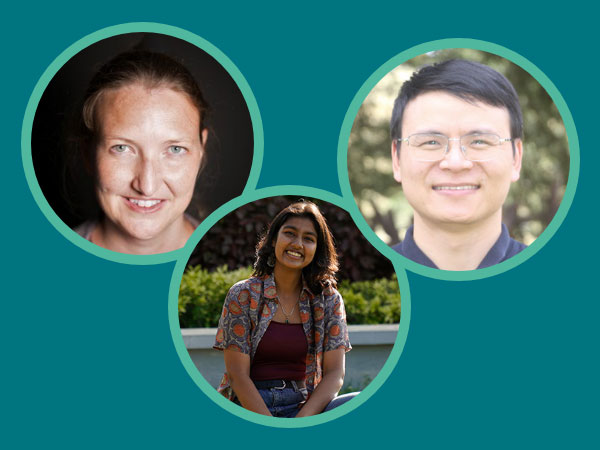We are working with the Hanoi Association of Persons with Disabilities (DP Hanoi) (a not-for-profit organisation in Viet Nam) and BehaviourWorks Australia (another research unit within the Monash Sustainable Development Institute), to collaborate on research and build DP Hanoi’s capacity to collect and use data to influence policies and initiatives that benefit peoples with disabilities. This work is supported by the Australian Government through the Australian Water Partnership.
Through a co-design research project, we are documenting the experience and ideas, and different needs of peoples with disabilities. A key approach has been to understand the diversity of experience – from peoples with different forms of disability, and from peoples with different socio-economic backgrounds and geographic circumstances and vulnerabilities. Our aim is to have the information inform policy and practice development, to better support peoples with disabilities to be active members in their communities and society.
Last year, Dr Kien Nguyen-Trung (Research Fellow with Water Sensitive Cities Australia) conducted 3 days of in-person training for DP Hanoi and its partners in Hanoi. The training covered a range of topics, including literature and rapid evidence reviews, AI-powered tools and reference management software, gender equity, disability and social inclusion (GEDSI) analysis, qualitative research design, and data collection and management.
Following the training, Kien led fieldwork in Hanoi and Nghe An province. The team interviewed 26 stakeholders from various organisations and 52 individuals with a range of disabilities. The aim was to understand their experience living through disasters and the slow onset changes associated with climate change. Interviews also covered the services and supports available, and how policies and initiatives related to water management, disaster response and extreme weather events affect peoples with disabilities.
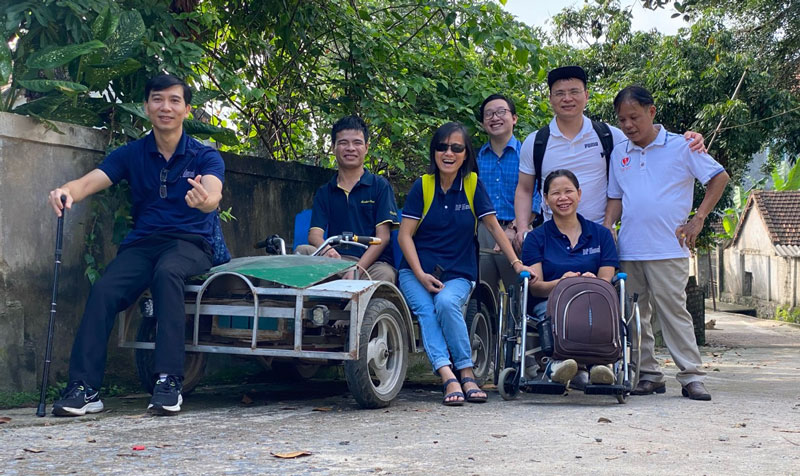
Then in January this year, Kien and Michael Simon (WSCA International Lead) were in Hanoi, conducting a workshop with more than 50 representatives from 20+ organisations – National Council on Disability, Vietnam Federation on Disability, Disaster Management Centre and Technology, Department of Climate Change, UNDP, UN Women, Aus4Skills and organisations of peoples with disabilities from Hanoi, Nghe An, Ha Nam and Thai Binh provinces.
The group discussed initial findings from research and fieldwork about how climate change affects peoples with disabilities. For example, people with mobility impairments are vulnerable because they cannot evacuate or move to higher ground during flooding events. People with hearing impairments cannot access emergency information (e.g. no sign language or captioning) and have trouble communicating with rescue teams. People with cognitive impairments may not understand what is happening around them or make informed decisions. Importantly, discussions also covered opportunities for using this information to inform policy and practice.
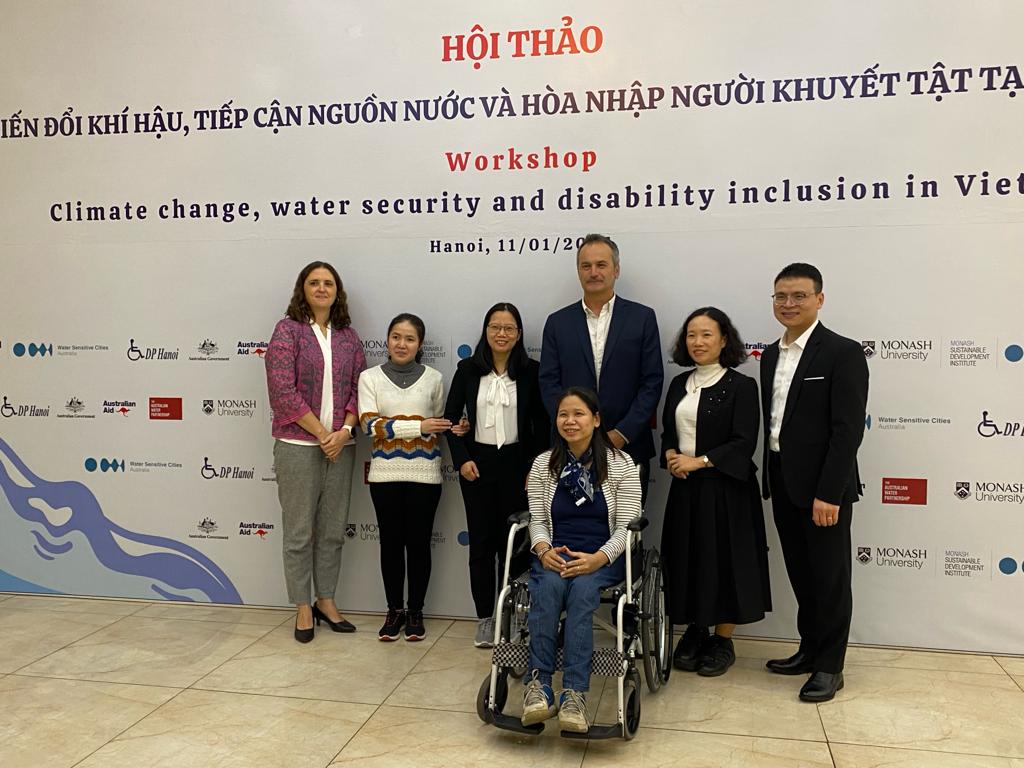
Our thanks to DP Hanoi – particularly Ms Huyen Do (Chairperson), Ms Le Thi Diu and Ms Nguyen Hong Giang – and Australian Government representatives in Viet Nam – particularly Mr James Deane (Second Secretary Development at the Australian Embassy in Vietnam) and Dr Laura Beckwith (Mekong Coordinator, Australian Water Partnership).
The workshop even attracted some media attention in Viet Nam.
- The Vietnam Women’s Union published an article on a Vietnamese news site: https://phunuvietnam.vn/nang-cao-kien-thuc-thuc-day-xay-dung-cac-chinh-sach-ho-tro-nguoi-khuyet-tat-ung-pho-voi-bien-doi-khi-hau-20240111141514232.htm
- The workshop also appeared in a news bulletin by VTC ( a state-owned media enterprise managed by the Ministry of Information and Communications): https://www.youtube.com/watch?v=qwYaMxUTQpc
Supporting integrated urban water management in Thailand’s Eastern Economic Corridor
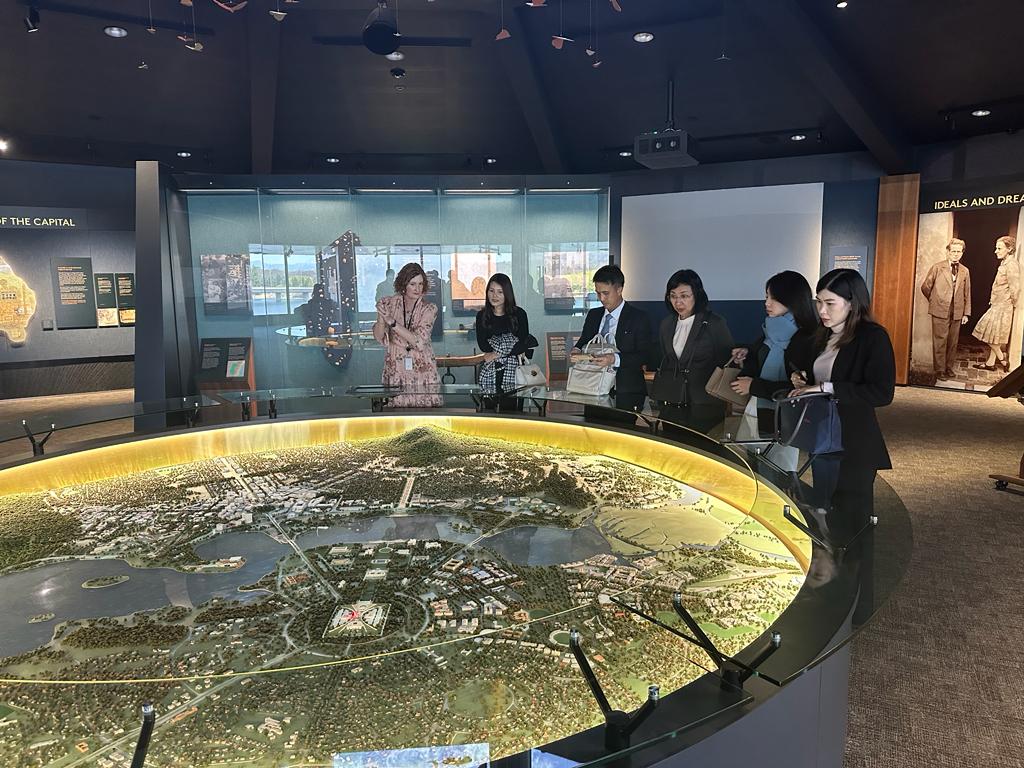
Get the run down on the RUCaS Regional Conference and Training, held over 4 days in November 2023
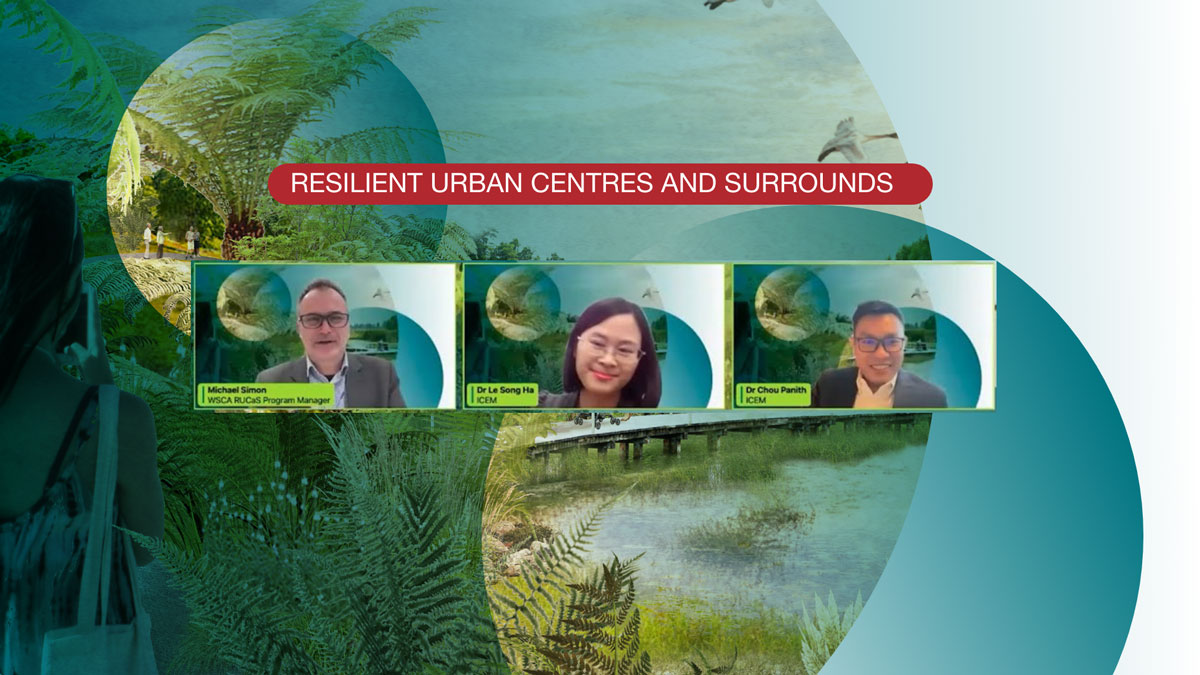
Improving climate change and water security outcomes for peoples with disabilities

New faces at Water Sensitive Cities Australia
